Whether late night snacking is an every-night occurrence or just an occasional indulgence, we know we all do it. It’s 9 pm on a Tuesday and you’re about to get in bed and watch a few, or like 6, episodes of New Girl and all of a sudden you’re in front of an open fridge staring at it like a difficult math problem. You know you want something, but the real question is what do you want.
If you’ve managed to never eat late at night, I don’t really know if I want to be your friend anyway because you have too much self control for me. Also, chances are if you clicked this, you’ve snacked at night and we should hang out. Now that we moved past that (awkward), let’s talk the dos and don’ts of late-night snacking.
The Dos
Low-Fat Milk and Cereal
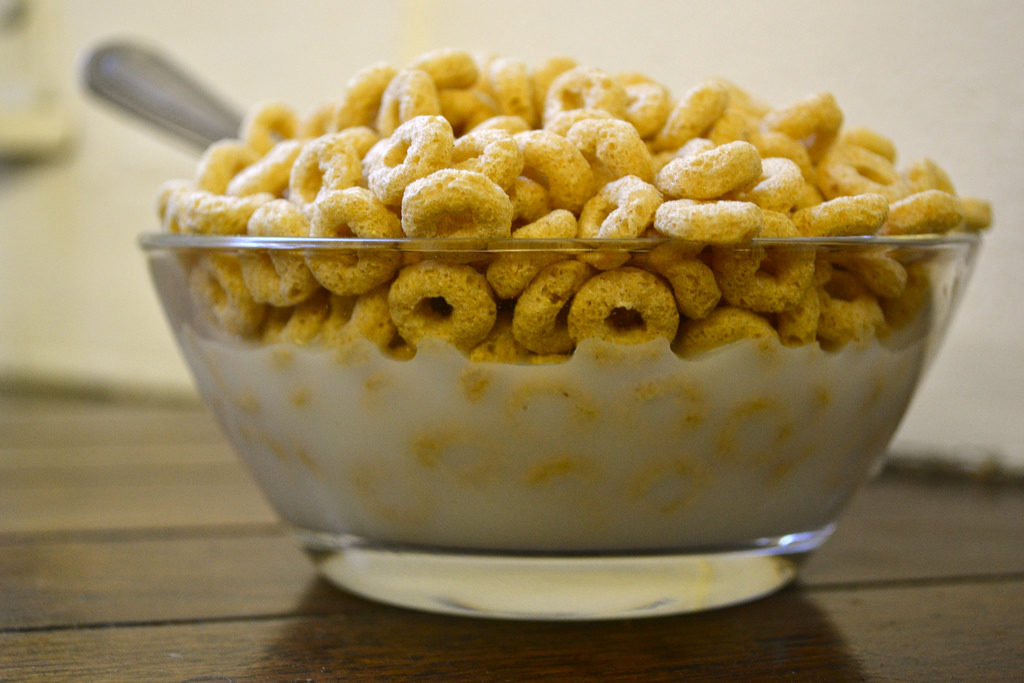
Photo by Kirby Barth
Why: Milk contains tryptophan which is an amino acid that raises your serotonin levels. Serotonin is a hormone that plays a large role in our circadian cycles and is linked to more beneficial sleep. Serotonin deficiencies have been linked to sleep disturbances, irritability and depression. However, it’s also the combination of the calcium from the milk and the carbohydrates in the cereal that help the tryptophan get from your blood to your brain to boost those serotonin levels. Also, who doesn’t love breakfast at night time?
Whole Grain Toast, Almond Butter, 1/2 Banana
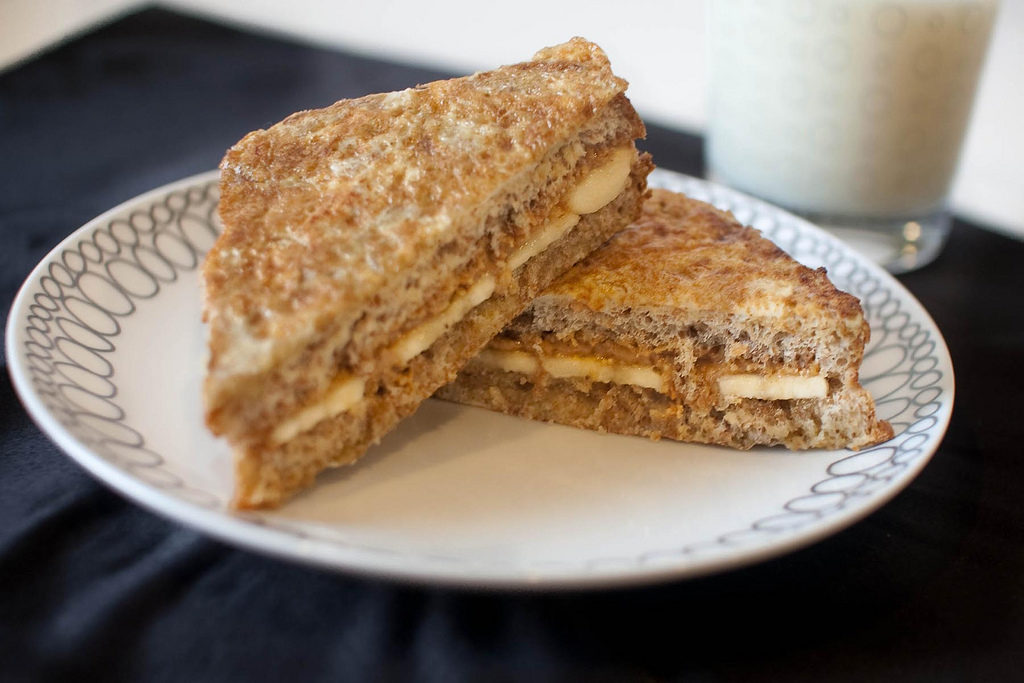
Photo courtesy of Bobbi Bowers on Flickr
Why: Almond butter contains magnesium, while bananas contain magnesium and potassium. Both of these are natural-muscle relaxants that help promote sleep; some studies have shown that magnesium decreases cortisol, also known as the “stress hormone”, levels which can keep you up at night. While potassium regulates your heartbeat, which helps to promote relaxation and sleep. The carbohydrates also will help any of that tryptophan that might be stored in your body make its way to the brain.
Popcorn
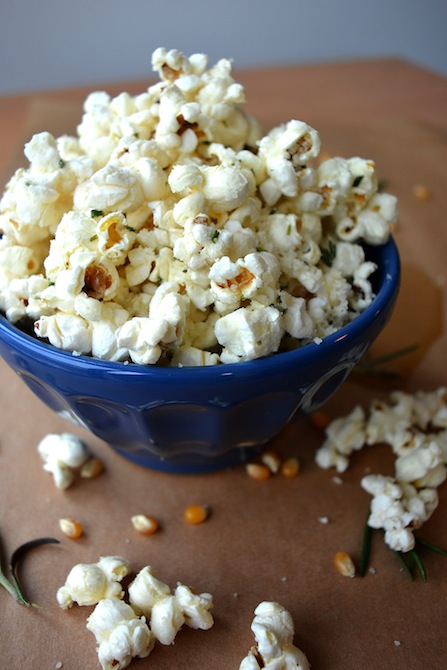
Photo by Alina Polishuk
Why: Popcorn is another example of carbohydrates that will help bring the tryptophan into your brain to get those serotonin levels up. Also air-popped popcorn only has about 31 calories per cup so this is the perfect late night snack that you won’t regret in the morning. Popcorn also has a tiny amount of magnesium and potassium, our muscle-relaxing mineral friends.
Ham and Cheese Roll-Up
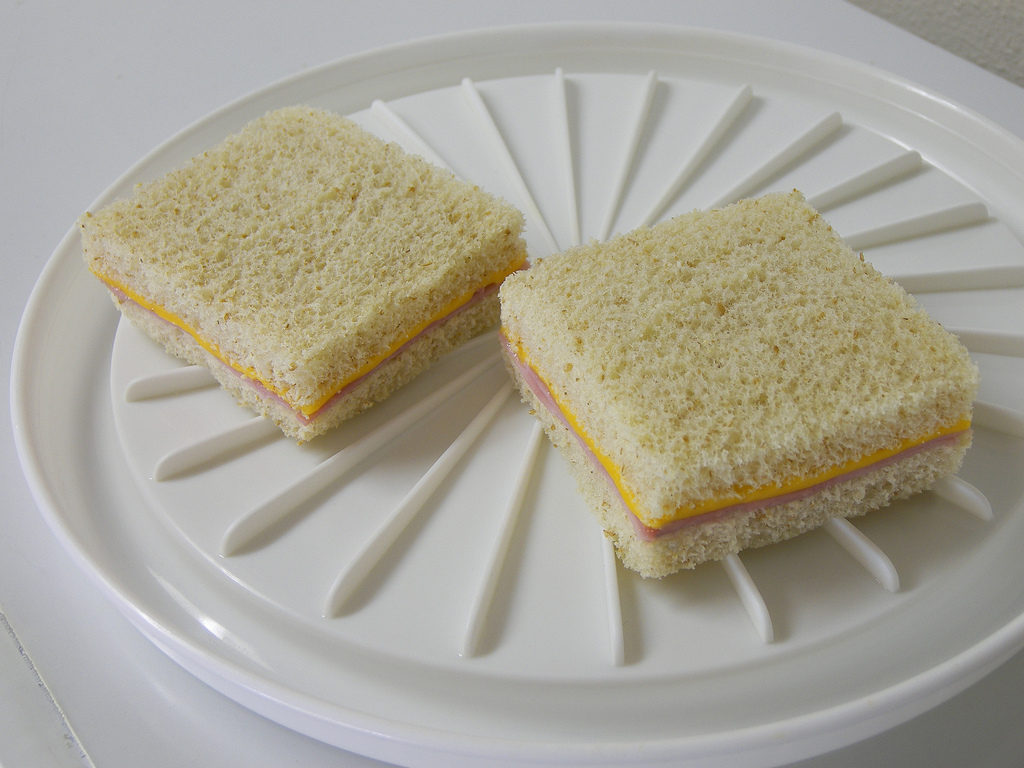
Photo courtesy of Daniel Oines on Flickr
Why: Why cheese? You guessed it, tryptophan. Why the roll up? You guessed it, carbs help the tryptophan to the brain, the brain makes serotonin, serotonin produces melatonin, melatonin helps us sleep. Also cheese contains casein proteins which have also been linked to a more beneficial sleep as well as promotes more fat burn throughout the night.
Yogurt w/ Nuts
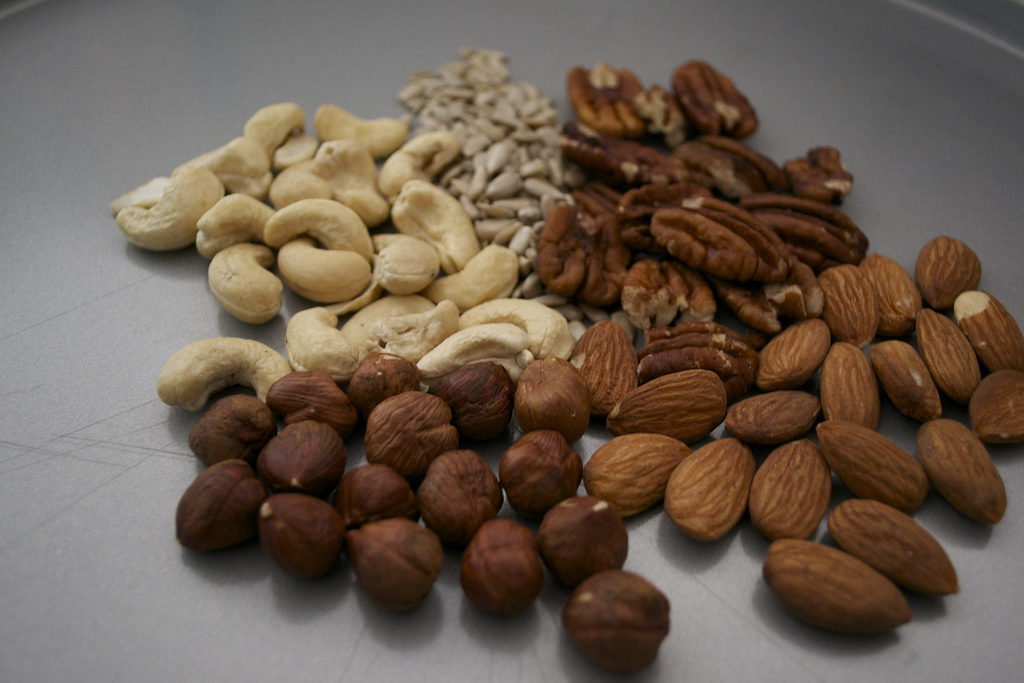
Photo by Kirby Barth
Why: No one likes a broken record so I will let you do the math to decide why yogurt is a good choice (hint: think milk/cheese benefits). Nuts are a heart-healthy fat that boost serotonin levels as well. Walnuts in particular are a good source of melatonin. However, they have a lot more calories than you might expect so by pairing them with yogurt, you’ll have the perfect sized night time treat.
Sweet Potatoes

Photo by Lauren D’Amore
Why: Sweet potatoes might sound like an unusual late-night choice, but they’re a great source of complex carbs and also have that muscle-relaxant potassium that you love to see. And maybe you’re looking for something heartier than yogurt or popcorn, so go for a potato.
Cherries
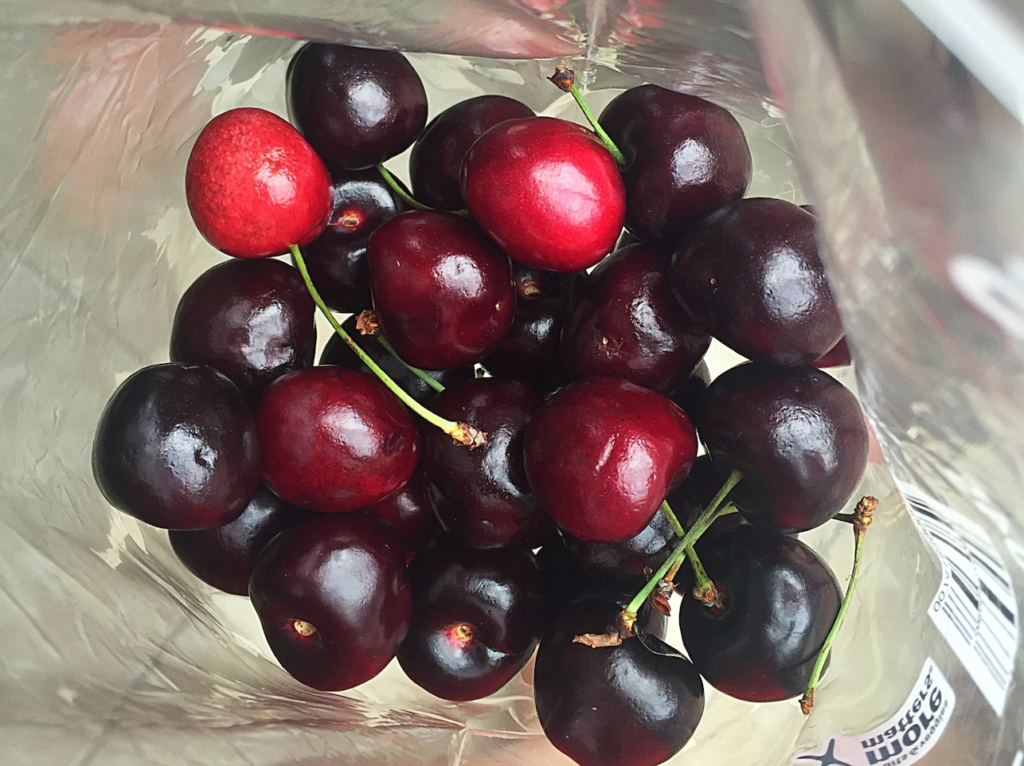
Photo by Nicole Witte
Why: Cherries are one of the few natural sources of melatonin. Some studies even found people suffering from chronic insomnia benefitted from a tart cherry drink before bedtime. Try snacking on a few of these while you’re watching Friends re-runs in bed.
Apple w/ Mozzarella Cheese
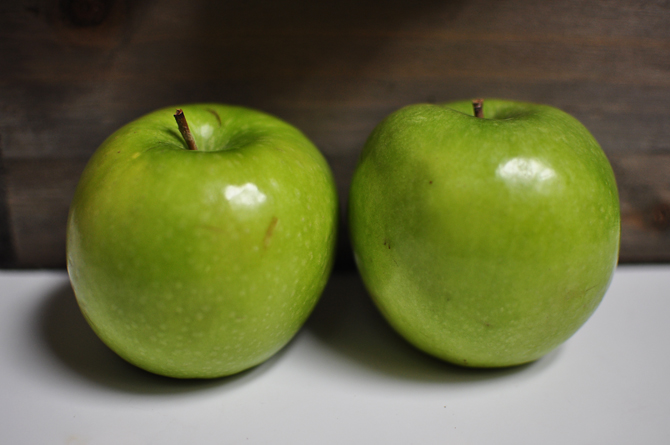
Photo by Jenny Georgieva
Why: The cheese benefits just don’t stop. Why apples though? You could probably guess at this point but I’ll just tell you. Apples supply you with potassium and vitamin B6, both of which help promote sleep.
The Don’ts
I’ve included both the obvious and the interesting in the following list for an all encompassing feel.
Caffeine
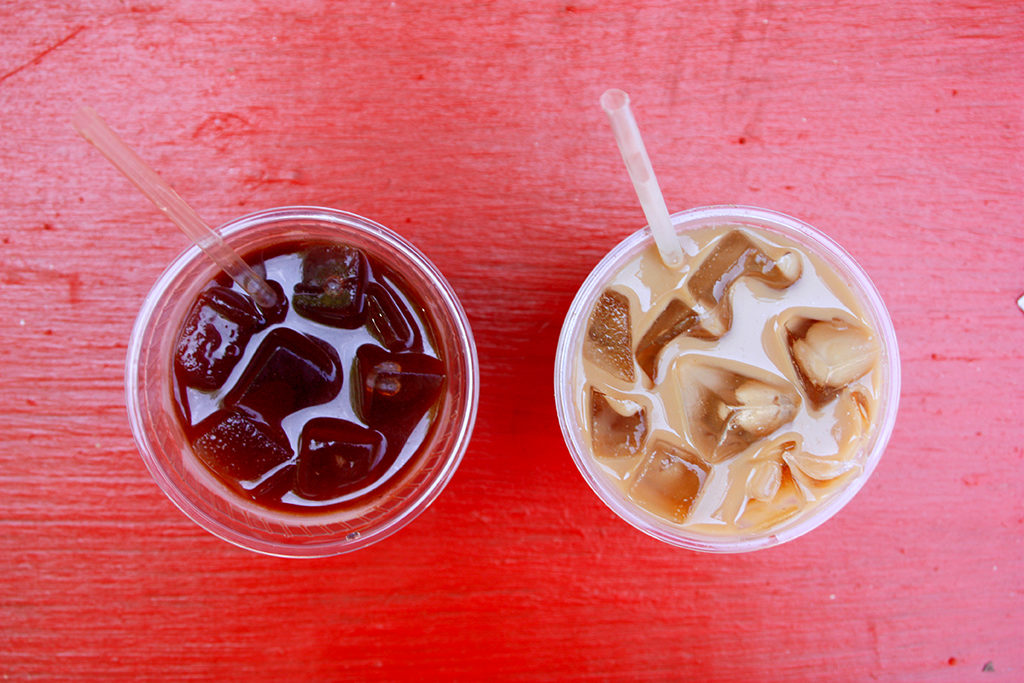
Photo by Christin Urso
Why: This one should be pretty obvious. The classic recommendation is not to drink coffee after 2 pm because it’s likely to affect you even if you don’t think you feel it later. According to the National Sleep Foundation, it can take 6 hours for only half the caffeine to be used in your body. So try to keep it to less than 3 cups a day, all before 2 pm if you really need your fix. Don’t feel judged, we’re all guilty.
Dark Chocolate
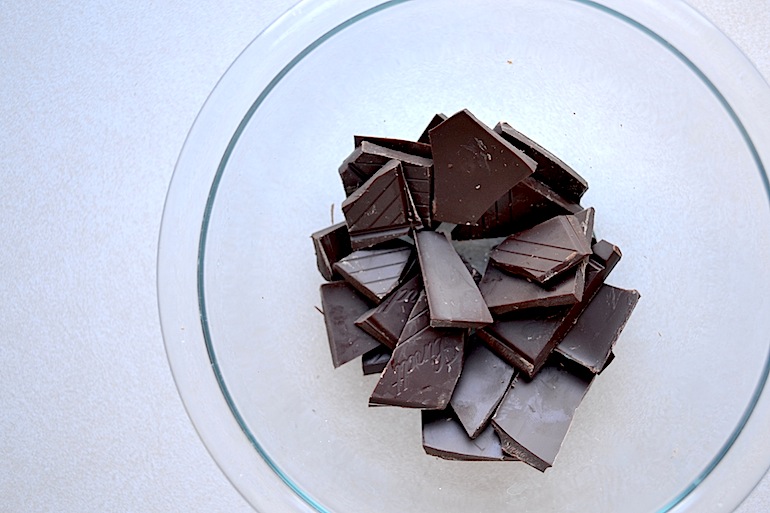
Photo by Amanda Shulman
Why: Similar to coffee, dark chocolate contains caffeine. It contains less caffeine than coffee, but if you’re looking for a late night snack you probably don’t want one with any caffeine. So if you really need chocolate before bed, choose milk chocolate instead.
Alcohol
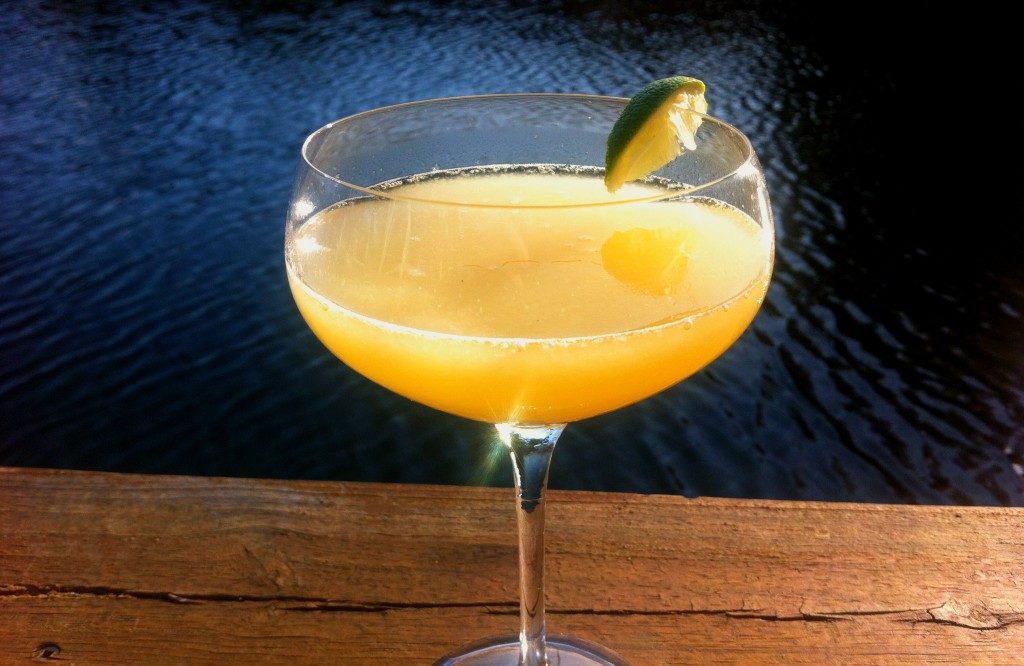
Photo by Jess Hayes
Why: Alcohol has actually been found to help you fall asleep quicker, however, it reduces REM sleep, which is the boss in terms of the sleep cycle. The less REM, the worse quality sleep. The more you drink before bed, the less REM you get. So if your goal is a good night’s sleep, try something different. Also, alcohol has been linked to an increase in snoring…so do it for your roommate.
High-Fat Foods
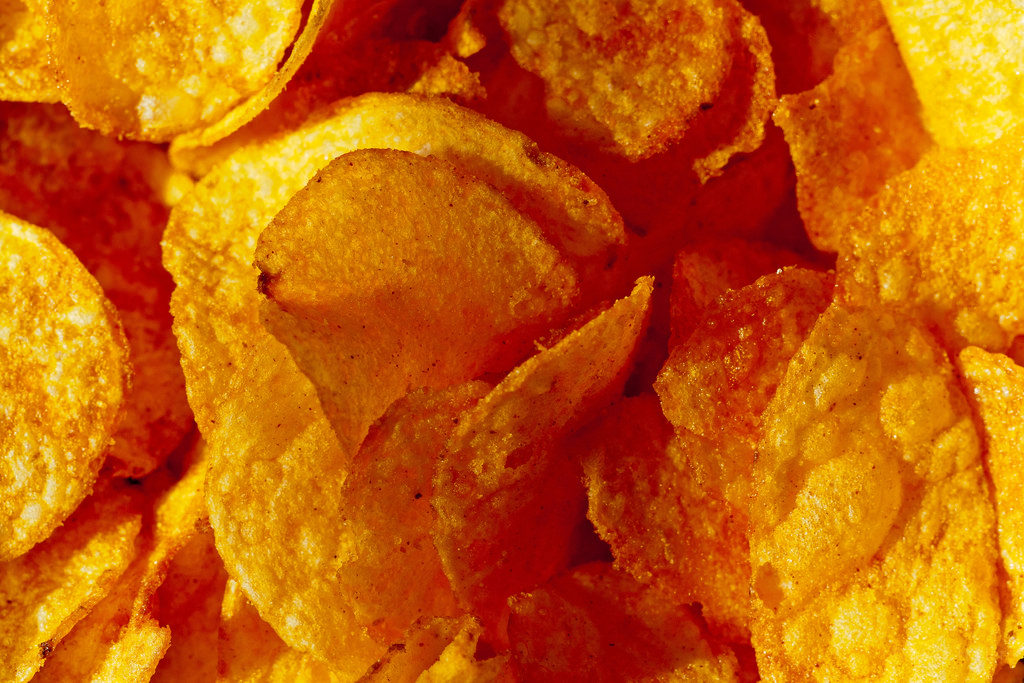
Photo courtesy of Mike Haller via Flickr
Why: Fatty foods have also been linked to a lower quality sleep, partially due to the fact that these foods are more likely to cause an upset stomach which will affect your sleeping pattern. Also, your body uses less energy at night so these high-fat foods potentially end up getting stored in your fat cells leading to weight gain over time. This is especially true if you eat foods high in sugar at night because they will spike your blood pressure, producing insulin, which is related to your circadian rhythm.
Celery

Photo by Erin McDonald and Jenna Culliton
Why: Celery has a very high water content. How high? 95% of celery is water. Consequently, it’s a natural diuretic, meaning it will make you have to use the bathroom, so it’s best not to eat before bed if you don’t want to wake up needing to pee.
Tomatoes
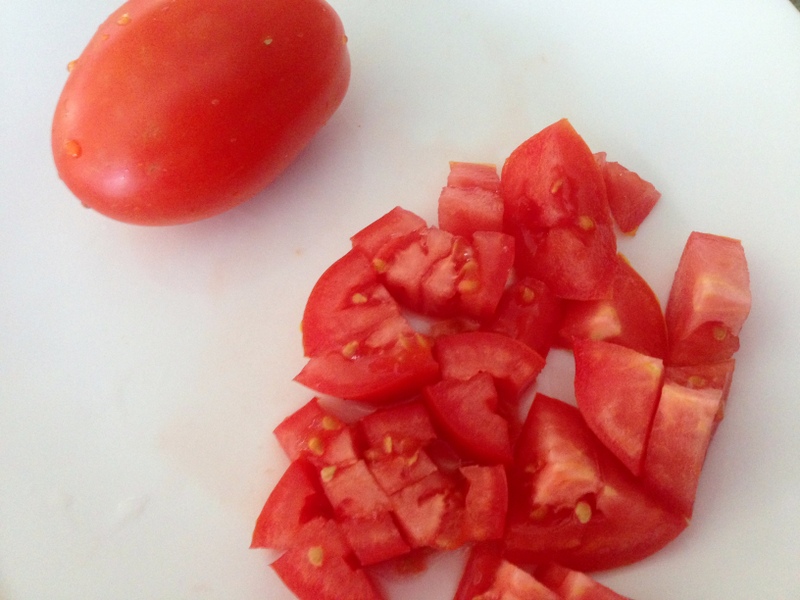
Photo by Nancy Chen
Why: Tomatoes supply the body with tyramine. Tyramine, an amino acid, causes the brain to release norepinephrine which increases heart rate and blood pressure. Neither of those aid in relaxation or sleeping so maybe skip the leftover pasta and tomato sauce as a pre-bed snack.
So what’s the final takeaway here?
It’s true that there have been mixed opinions on whether foods containing tryptophan can truly alter your sleeping pattern. What’s certainly true though is if you’re going to have a late night snack, make it light to avoid your digestive system disrupting your ability to have a good night’s sleep.




